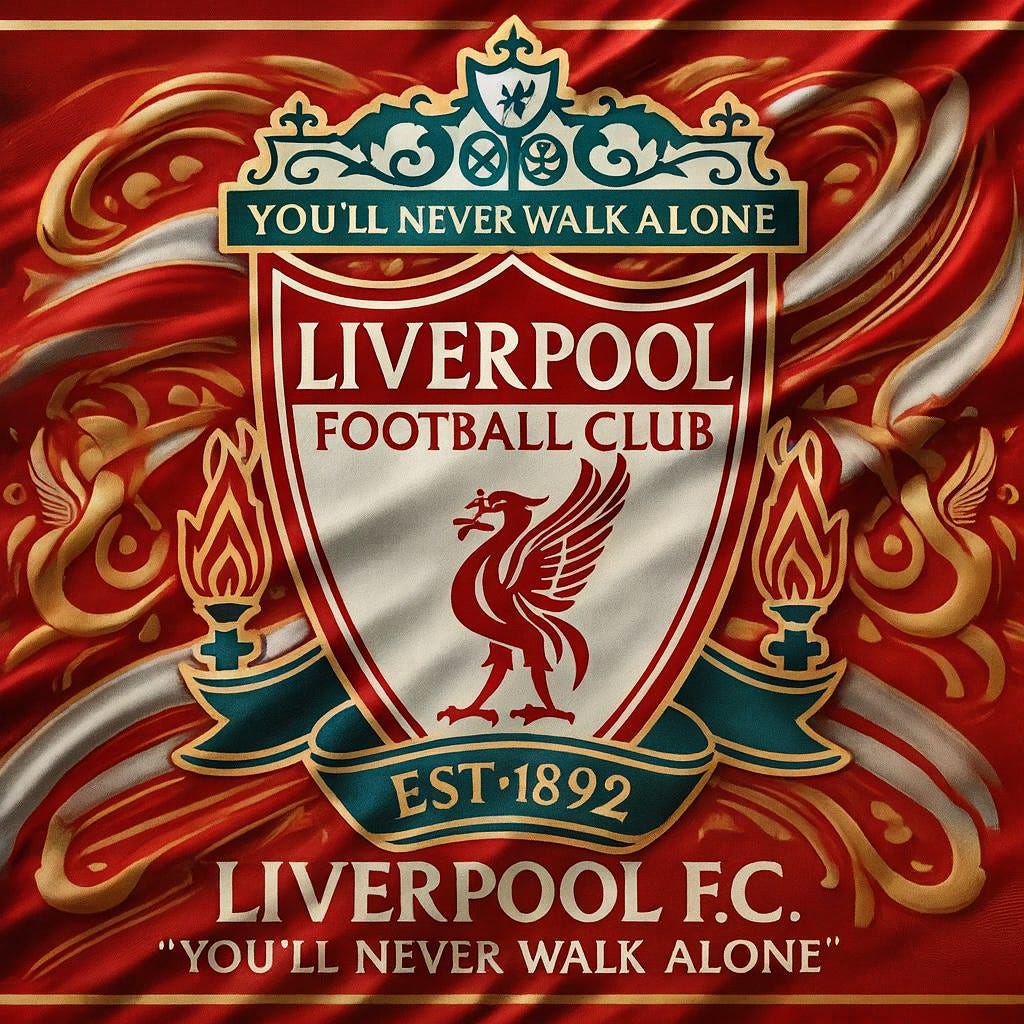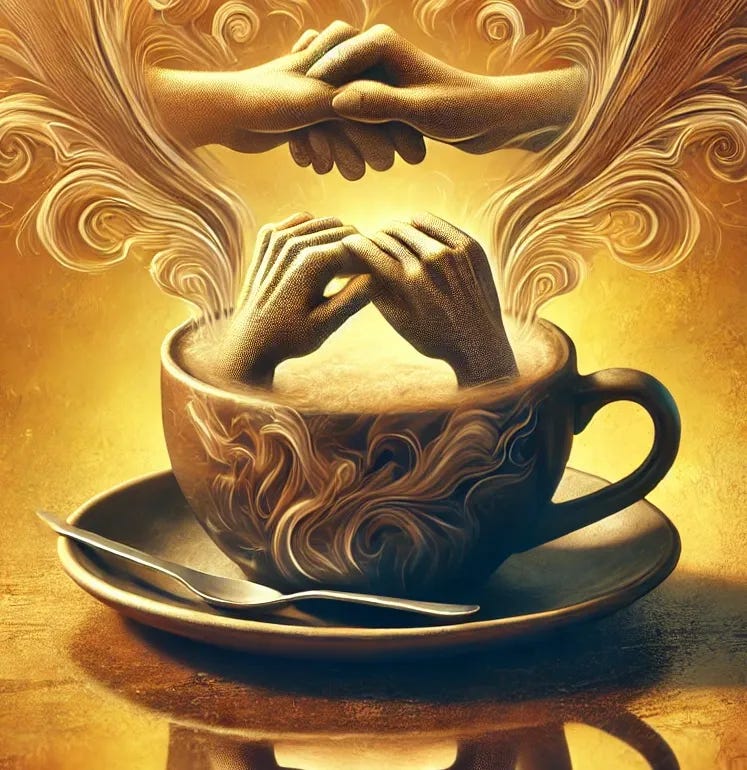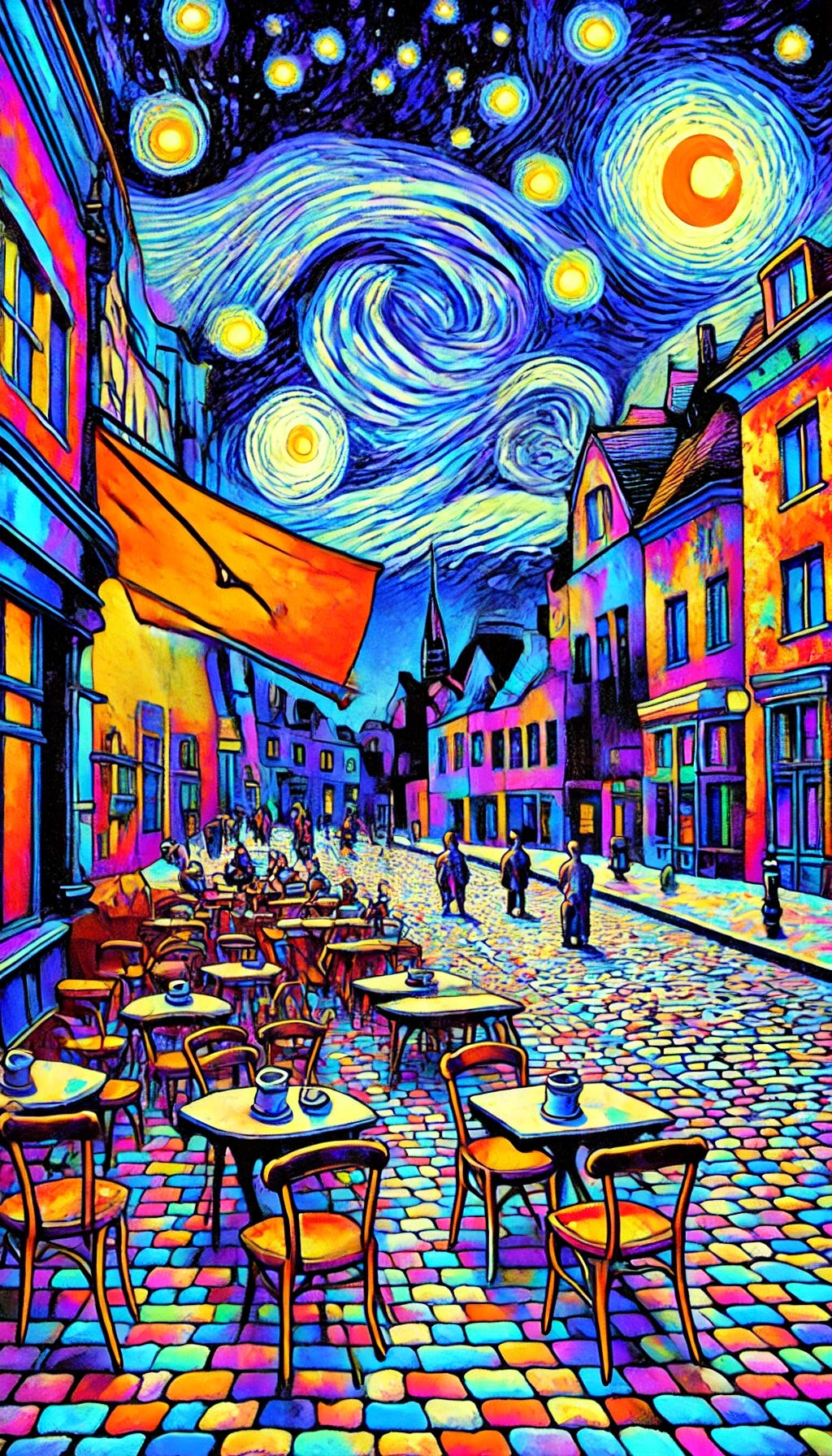You’ll Never Walk Alone
Gratitude, Defiance, and the Jewish Strangers Who Stood by Me
If you believe in free speech, here’s the bad news: it isn’t actually free. It costs $5 a month. That’s less than the latte you complain about, less than the Netflix shows you’ll never watch, and far cheaper than your last regrettable bar tab.
For that, you get three essays a week, open comments, and the satisfaction of knowing you’re funding uncensored writing in a world addicted to censorship. Everyone says, “It’s just a cup of coffee.” Fine. But here’s the pitch: give me your coffee money and I’ll hand you something stronger—essays with bite, arguments with teeth, and the freedom to say what others won’t.
Subscribe today. Because silence is free—and it’s worth exactly what you paid for it.
___________________
Written in mid-2024, redone in September 2025
“In prosperity, our friends know us; in adversity, we know our friends.”
– John Churton Collins
I do not want to compare my situation to others; such thinking never helps anyone, but I know I have much to be grateful for and am blessed. I am not a hostage, terrified, abused, being moved daily in a tunnel under Gaza; I am a free man. May God protect the hostages and heal the hearts of the many who have lost so much.
But as a free man, I have realised that sometimes we don’t know who has our back until someone attacks us from the rear.
I never imagined that a casual comment about Hamas being Nazis to a stranger in Pakistan would send my world into turmoil, that it would thrust me out of a community, that it would put my career in remission, that it would test me, that I would spend so many nights with my dogs watching the sun come up without going to bed.
I thought I had many friends; I thought they would rally to my cause. But outside of a handful, they vanished. Students, staff, faculty, and even extended relatives—gone. My family in western Alberta set up a Facebook group, but not a single one responded, not a single one cared. But there was much talk about renovations and the price of car rentals on vacations.
And I don’t say this in bitterness. My friends turned out to be Jewish strangers.
On my lowest day, leaving the Centre for Addiction and Mental Health (CAMH) after another night of lawyerless defence against institutional defamation, a Jewish grandmother called me out of the blue to encourage me.
She was always there when the storms grew violent. I remember another call, from a Jewish businessman at the airport, telling me I was his hero. Words I had never heard in my life.
When I spoke to a group of Jewish businessmen—rambling, stressed, half-coherent—they endured me, and more: they came to show solidarity. One man, a Liverpool FC supporter, stood and raised his glass: “Paul, you’ll never walk alone.” He meant it. They all did. Ten Jewish strangers had gathered to tell this Gentile rambler, “You will never walk alone.”
I went home and watched Liverpool fans singing that anthem, and the words went straight to the marrow.
There are so many others who have stood by me. On the very day of my suspension, a Jewish student called to say, “We will win this; I am with you.”
These were not rich or powerful people. They were people with struggles of their own, owing me nothing—and yet they stood by me.
Most of those I once called friends, colleagues, relatives, even students for whom I went above and beyond, scattered like chaff. The halls that once rang with laughter and warmth are silent now. But I am left with something better than nostalgia: Jewish strangers who showed me that loyalty is not a matter of proximity but of principle.
And let no one think I was simply “losing it.”
Even the Workplace Safety and Insurance Board (WSIB)—a bureaucracy hardly known for its speed, compassion, or generosity—confirmed that what I endured at the university was workplace abuse, that it had caused PTSD.
When even the slowest, most reluctant government machinery admits the truth, you know the abuse was undeniable. This wasn’t madness, not paranoia, not some private crack-up. It was abuse, coldly delivered, systematically enforced. And still, the institution offered no apology, no acknowledgement. Just the blank cruelty of bureaucratic malice. A brutal, savage, unrepentant monster.
On the day of my suspension, I thought I was walking into a meeting about bereavement leave, having recently lost my beloved father, Hank Finlayson.
Instead, they ambushed me.
My dad was a better man than they all. At his eulogy, I said Hank would not be forgotten. He won’t be. Alongside my new Jewish friends and strangers who have carried me, his spirit carries me too: a farmer born in the Depression near Vulcan, Alberta, who became a professor. May his memory be a blessing.
And so, as the supporters of Liverpool stand together, arms linked, nobly singing their anthem, “You’ll Never Walk Alone,” I, too, will stand with my Jewish friends. My father’s spirit will join us, our voices together, and we will be blessed, never walking alone.
And now the sting in the tail: to the bureaucrats and cowards who thought they could bury me with silence, intimidation, and lies—you have failed.
You will not be remembered as scholars or leaders or even decent human beings. You will be remembered, if at all, as grey clerks of cruelty, footnotes in the long index of institutional cowardice. History will not grant you even the dignity of hatred; it will pass over you as one passes over vermin and other unwanted creatures.
The Jews are still here. I am still here. And when the song is sung, when the voices rise, when the defiant stand shoulder to shoulder—it will not be your anthem. It will be ours.
____________________________________________________________________






I am glad to know you are feeling supported by many of us, Paul. I have great admiration for how you have used the difficult past year to write your brilliant, original essays. Blessings on you, and on all those who have stood by you. Some battles last longer than our endurance lasts, but you show amazing strength and character as you fight yours. Kudos, and appreciation!
Love this beautiful tribute. May good always triumph 🙏.